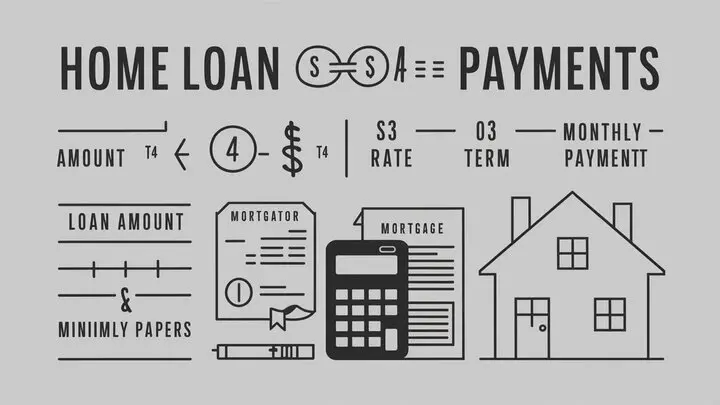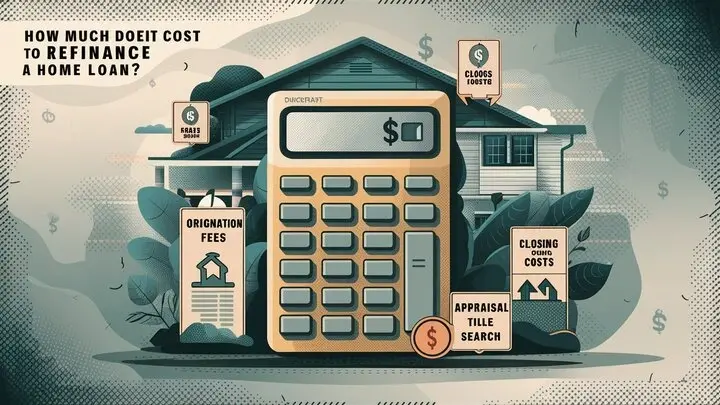-
Posted on: 22 Feb 2024

-
Within the realm of personal finance, loans may be a useful instrument when used sensibly. They may assist people in reaching major goals including establishing a company, funding a school, or house purchase. Not all costs, nevertheless, are fit for financing using loans. One must be able to separate investments that can eventually cause financial pressure from those that might boost wealth. Here is a thorough advice on what you should steer clear of utilizing a loan for purchase:
1. Luxury Items:
-
Though designer clothes, high-end accessories, expensive automobiles, and lavish trips are appealing, financing them with a loan may be economically reckless. Usually fast in value, these pieces leave you with a significant debt and nothing to show for it.
- Tip: Save money and pay in cash for fancy items to cut out needless interest.
2. Consumable Goods:
- Using a loan to pay for consumable items like groceries, eating out, or entertainment bills runs the danger of financial disaster. These costs provide just short gratification but no long-term worth.
- Tip: To guarantee financial stability without depending on loans for daily necessities, make a budget and rank critical expenditures.
3. Risky Investments:
- While utilizing borrowed money to support speculative or high-risk ventures might result in major losses, investing can be a wise approach to increasing riches. Steer clear of using loans for speculative stocks, daily trading, or untested company startups.
- Tip: Instead of depending on borrowed money, keep to a diversified investing plan using money you could afford to lose.
4. Gambling:
- One definite approach to getting oneself into a financial sinkhole is borrowing money to support gaming pursuits. The odds are stacked against you whether it's casino games, sports betting, or internet gambling platforms; utilizing borrowed money just increases the danger.
- Tip: Limit your gaming to enjoyment only; never support such hobbies with credit or loans.
5. Non-Essential Upgrades:
- Although improvements to your house or car could improve your quality of life, financing non-essential changes with a loan might not be the greatest use of money. Analyze if the improvements are required or whether they could wait till you can afford them straightforwardly.
- Tip: Think about conserving money for optional upgrades; give basic maintenance and repairs priority above cosmetic enhancements.
6. Short-Term Expenses:
-
Generally speaking, loans are not fit for funding small repairs, utilities, or rent—short-term needs. Choosing a loan to cover these transient financial gaps could set off a debt spiral if not controlled.
- Tip: Create an emergency fund to pay for unanticipated costs, then think about other options including working with community services or arranging payment schedules.
7. Debt Repayment:
-
Debt consolidation—that is, using one loan to pay another—may provide some immediate relief but may not solve the fundamental financial problems. This strategy may prolong a cycle of borrowing and repayment even without addressing the underlying reason for debt buildup.
- Tip: Explore debt repayment techniques including budgeting, negotiating reduced interest rates, or consulting credit counseling services rather than grouping debt under another loan.
In essence, even while loans may be a useful financial instrument when used sensibly, one should use prudence and refrain from utilizing them for items that would not support long-term financial stability or expansion. You may negotiate your financial path with confidence and prevent needless debt loads by giving careful spending, saving diligently, and sensible investment priority. Recall that living within your means and making wise judgments define financial well-being.
Get fast and reliable credit repair—call (888) 803-7889 to get started!
-










